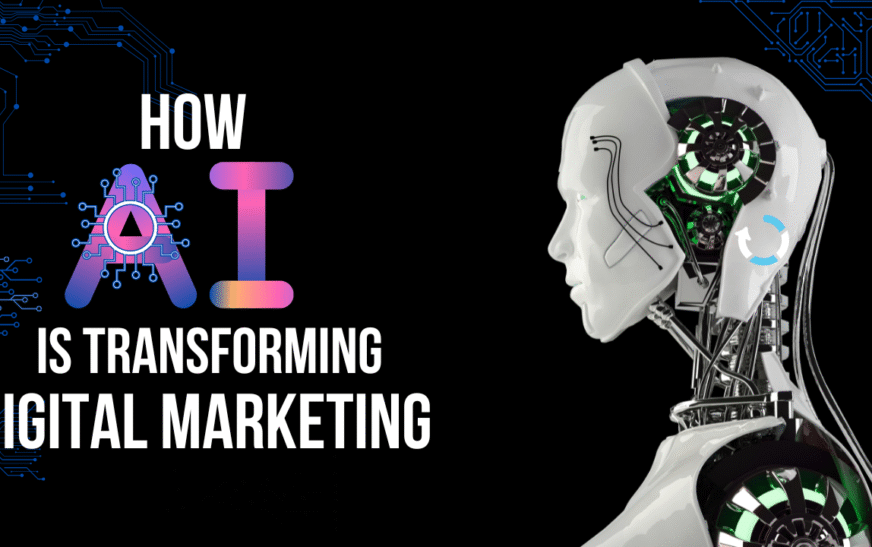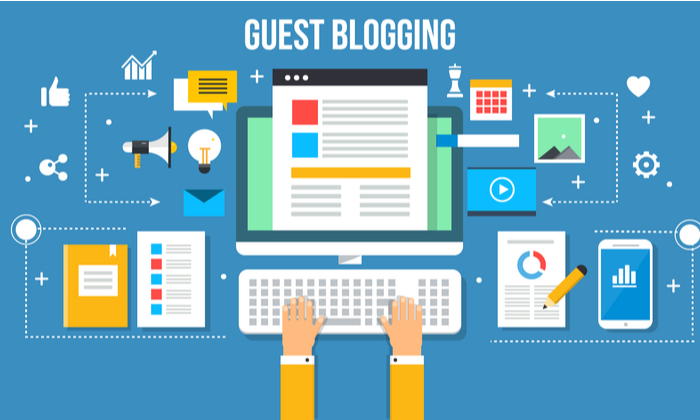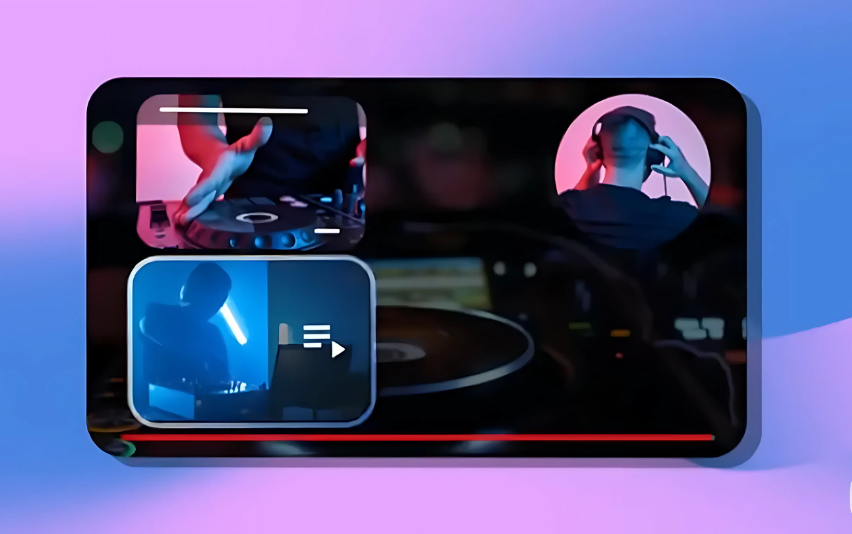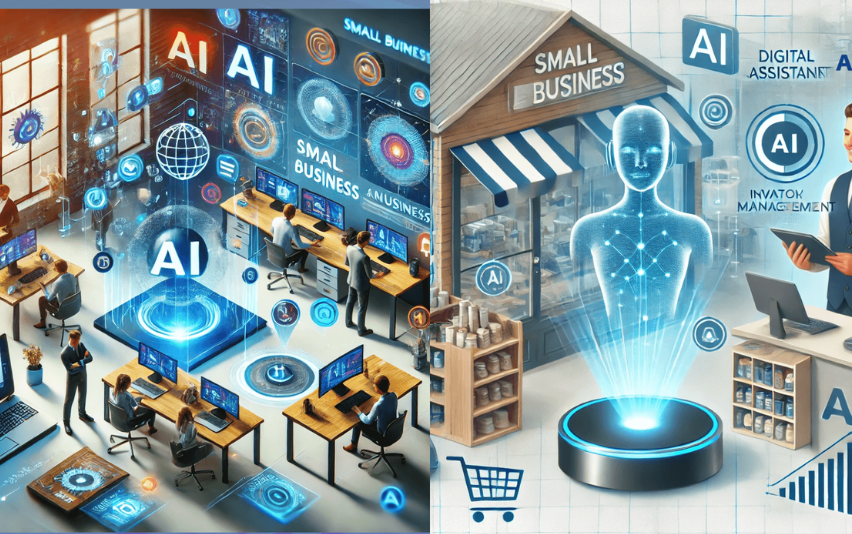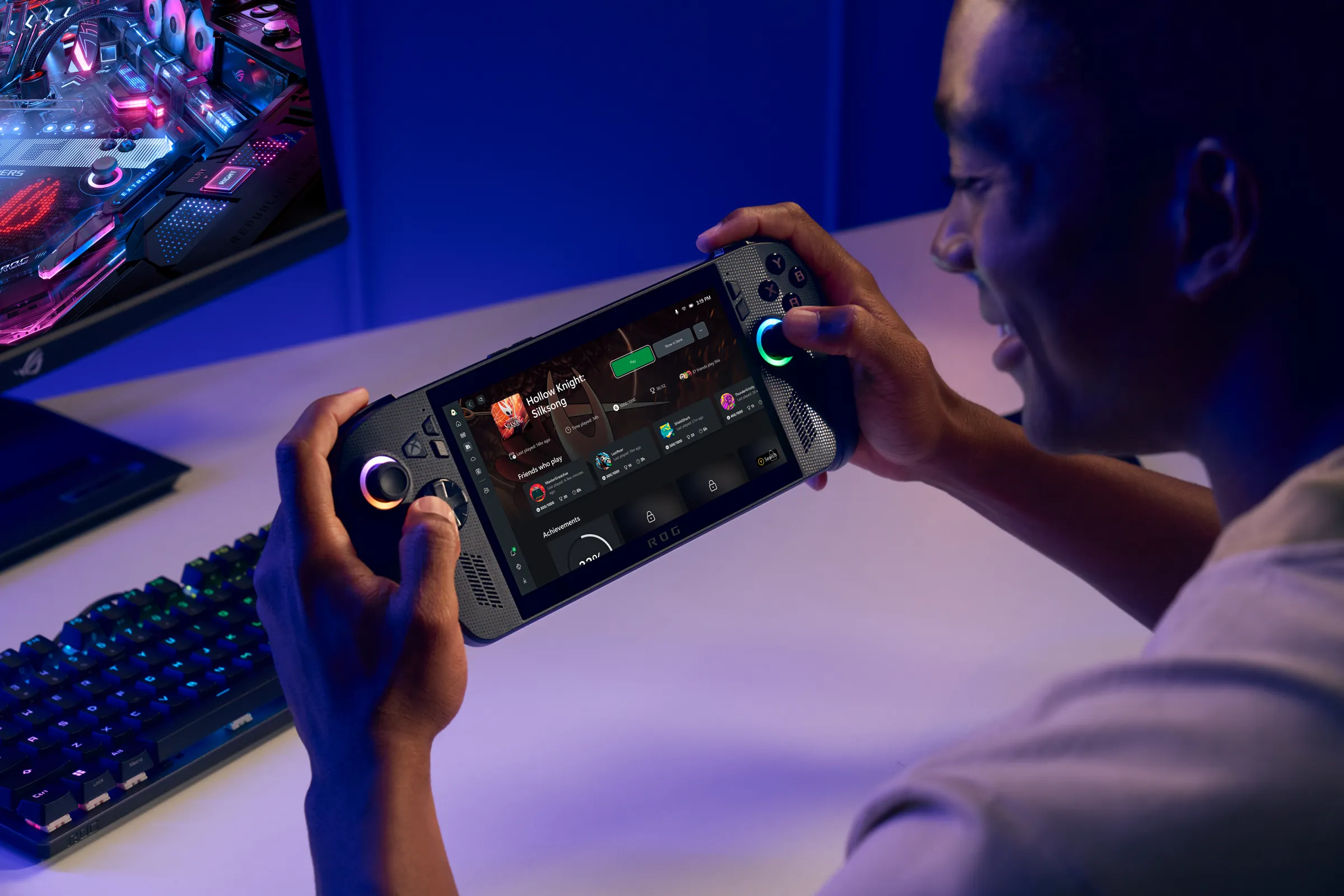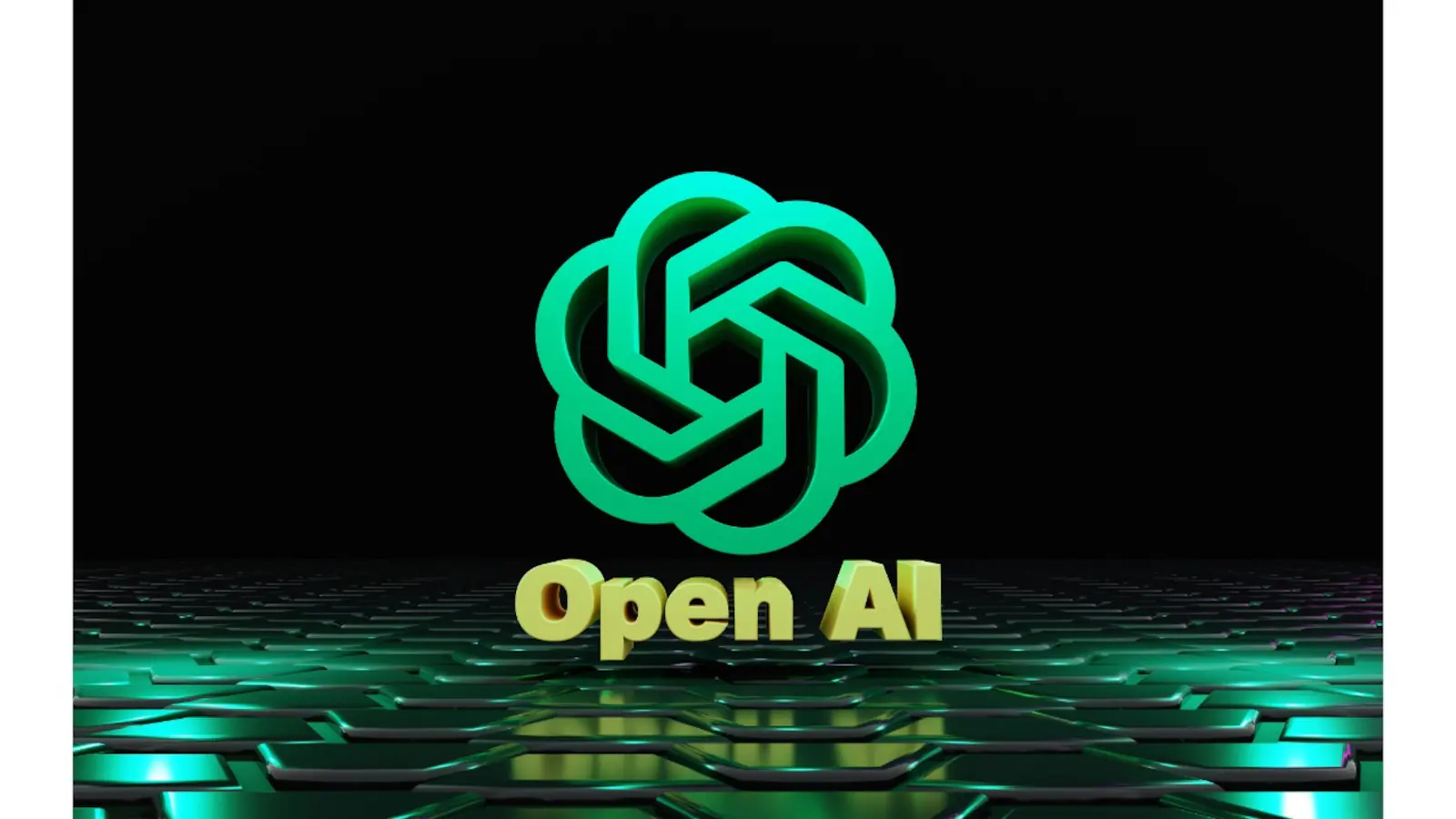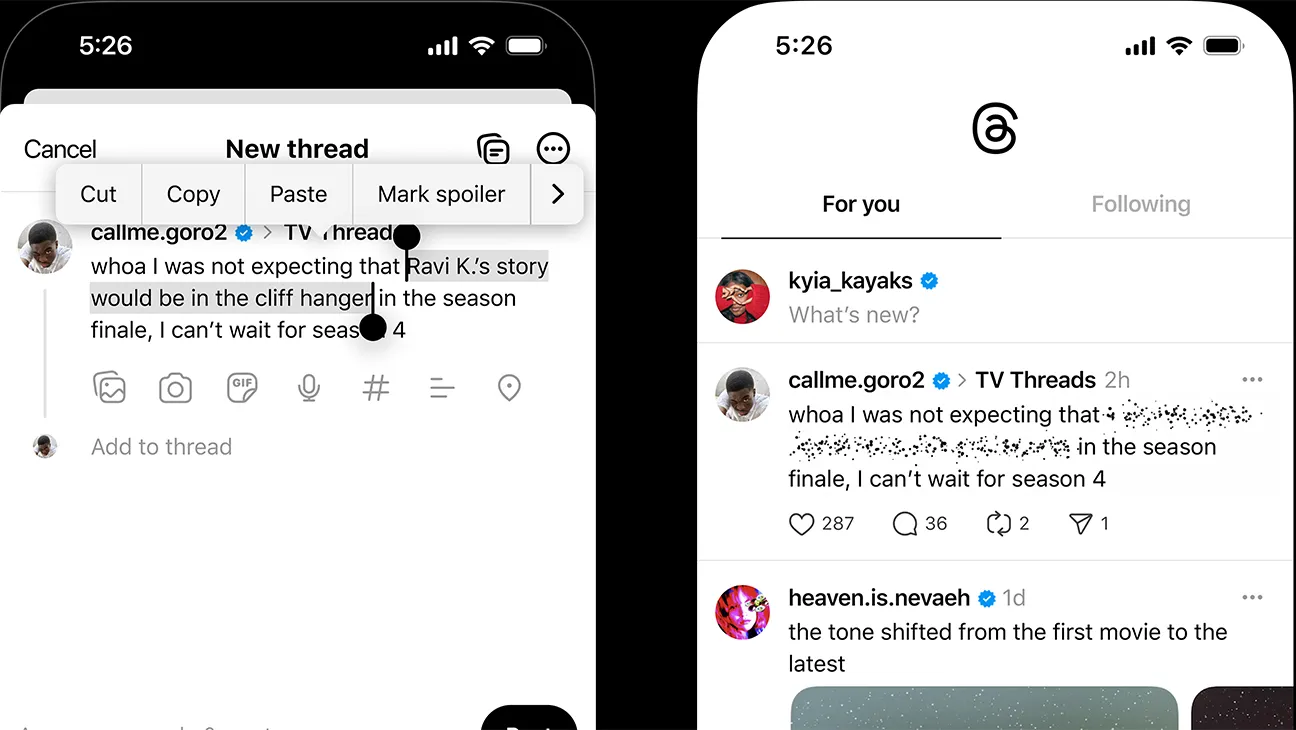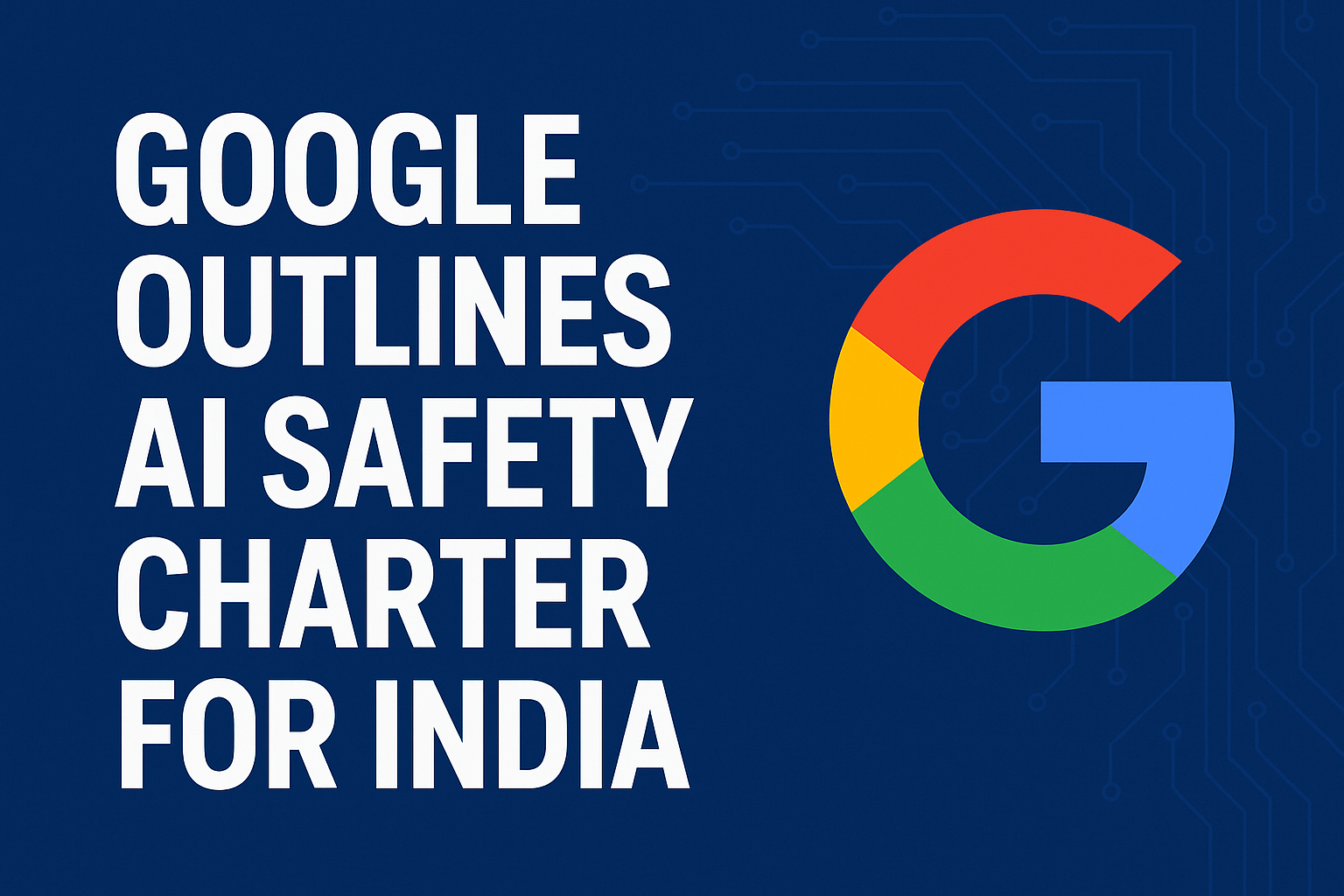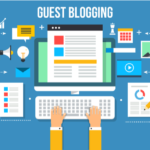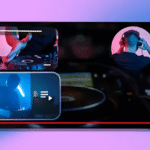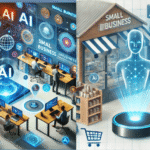Artificial Intelligence (AI) is no longer an emerging concept—it’s the new engine behind every successful digital marketing campaign. From automated content generation to real-time marketing analytics, AI tools are revolutionizing how businesses connect with their target audience and optimize advertising efforts.
Smarter Campaigns with AI
Gone are the days when marketers relied solely on guesswork or delayed data reports. Today, AI campaign optimization allows brands to monitor and adjust campaigns in real time. Whether it’s modifying ad copy, targeting different user segments, or reallocating budgets, AI-driven systems help marketers make precise decisions quickly.
Modern platforms like Google Ads, Meta Ads Manager, and programmatic networks now use machine learning algorithms to analyze audience behavior and deliver ads to those most likely to convert. These systems factor in browsing history, demographic data, and even time of day to ensure maximum ROI.
Personalized Customer Experiences
AI plays a vital role in creating personalized marketing journeys. Whether you’re running an e-commerce store or a B2B SaaS product, AI tools help you understand your audience’s behavior at a granular level. By collecting real-time behavioral data, you can tailor your content, emails, and ad messages to align with what users actually want.
Marketers now use AI for customer segmentation, grouping audiences based on interests, intent, and past purchases. This leads to personalized experiences that convert better and build stronger customer loyalty.
Boosting SEO with AI-Powered Tools
Search engine optimization (SEO) has also entered the AI era. Tools like Surfer SEO, Clearscope, and MarketMuse use AI to identify keyword opportunities and structure content that ranks. These platforms help marketers stuff high-volume anchor keywords like real-time marketing analytics, AI marketing tools, and marketing performance tracking naturally into their content.
AI can also predict what type of content performs best for a specific keyword. It helps in optimizing meta tags, H1 headings, internal linking structures, and even image alt texts—factors that contribute to higher search rankings.
Real-Time Marketing Analytics
One of the biggest advantages of using AI in marketing is its ability to deliver real-time marketing analytics. Brands can now monitor every click, scroll, and interaction as it happens. This means campaign adjustments can be made on the fly, increasing efficiency and reducing wasted ad spend.
With access to dashboards powered by AI, digital marketers can track which channels are driving the most traffic, which content is performing best, and how different segments of the audience are engaging with the brand. This enables data-driven decisions that boost performance.
Content Creation and Optimization
AI tools like Jasper, Copy.ai, and ChatGPT are being widely used to generate blog content, email campaigns, product descriptions, and even ad copy. But it’s not about blindly generating content—AI supports content optimization by aligning language, tone, and keywords to match user search intent.
When paired with human creativity, AI ensures that every piece of content is SEO-optimized and personalized for specific audience groups. This reduces bounce rates and increases user time-on-site—two key indicators for Google rankings.
AI in Email Marketing
Email marketing platforms like Mailchimp and Klaviyo now use AI to improve open rates, click-through rates, and conversions. Predictive analytics help determine the best time to send emails and which subject lines perform better.
AI also personalizes the email content based on user behavior. For example, if someone clicked on a product page but didn’t complete the purchase, AI can trigger a personalized follow-up email with a discount code or reminder.
Marketing Performance Tracking
Marketers are under more pressure than ever to prove ROI. With marketing performance tracking powered by AI, they can easily visualize campaign performance across multiple channels.
AI tools track KPIs such as conversions, customer acquisition costs, click-through rates, and lifetime value. These insights are presented in easy-to-understand dashboards that inform better budgeting, planning, and creative decisions.
Dynamic Ads and Programmatic Buying
AI makes it possible to dynamically adjust ads based on user behavior and market conditions. For example, an e-commerce store can show personalized ads based on previous browsing activity. These dynamic ads lead to better conversion rates.
On the programmatic side, AI automates the media buying process in real time. It determines the best ad placements, audience targeting, and bid prices—eliminating guesswork and improving efficiency.
Chatbots and Conversational AI
Customer service and lead generation have also seen huge gains with AI-powered chatbots. These bots are available 24/7, offer instant replies, and can even upsell or cross-sell products.
Advanced chatbots use natural language processing (NLP) to understand user intent and provide relevant responses. This creates a smoother customer journey and reduces operational costs.
AI in Social Media Marketing
Social media platforms are rich with data, and AI helps make sense of it all. From scheduling posts at optimal times to analyzing engagement trends, AI tools like Hootsuite, Buffer, and Sprout Social help brands stay ahead of the curve.
Influencer marketing has also been enhanced by AI, which can analyze follower authenticity, engagement rates, and brand alignment before a brand invests in an influencer partnership.
Why It Matters Now More Than Ever
In a highly competitive digital world, AI campaign optimization is not just an add-on—it’s a necessity. Brands that fail to embrace AI risk falling behind competitors who are leveraging data to drive smarter campaigns.
Whether it’s real-time marketing analytics, automated content, or personalized ads—AI is helping marketers deliver better results, faster.

